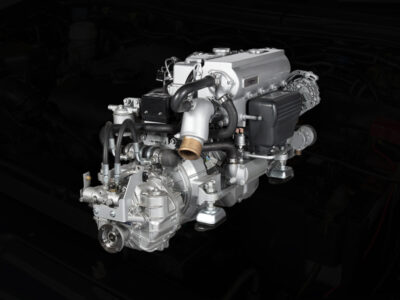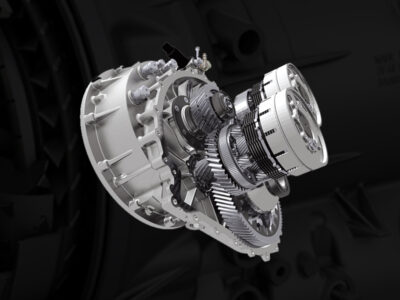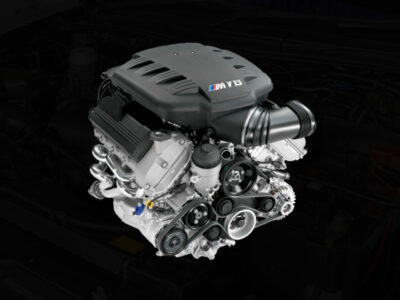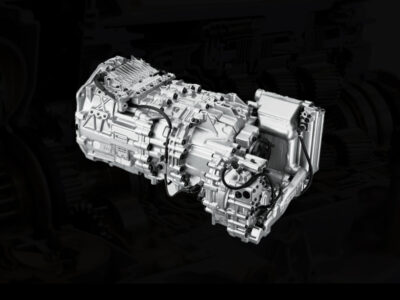
The engine is often described as the heart of a vehicle, responsible for powering it and ensuring optimal performance. Understanding engine specifications is crucial for car owners, whether you’re looking to buy a new vehicle, replace an engine with used engines, or simply maintain your existing one. In this guide, we’ll break down the key engine specifications and why they matter for your vehicle’s performance.
What Are Engine Specifications?
Engine specifications provide detailed information about an engine’s design, capabilities, and performance characteristics. This data is essential for assessing an engine’s suitability for your vehicle and its intended use. Key specifications include:
1. Engine Type
Different configurations include:
- Inline Engines: Cylinders arranged in a straight line. Commonly found in smaller cars due to their compact design.
- V-Type Engines: Cylinders arranged in a V shape, allowing for more power in a smaller space. Popular in sports cars and larger vehicles.
- Flat Engines: Cylinders arranged horizontally, offering a low center of gravity for better handling.
2. Displacement
The displacement, measured either in liters (L) or cubic centimeters (cc), indicates the combined volume of all the engine’s cylinders. For example, a 3.5L V6 engine has a larger displacement than a 2.0L inline-four, generally resulting in more power.
3. Horsepower (hp)
Horsepower measures the engine’s power output. For instance, a typical sedan might produce around 150 hp, while a sports car could exceed 400 hp. This specification is crucial for determining acceleration and top speed.
4. Torque
Torque measures the rotational force generated by the engine, typically expressed in pound-feet (lb-ft). For example, a truck engine might produce 400 lb-ft of torque, which is essential for towing and hauling heavy loads.
5. Fuel Type
The type of fuel used can vary. Common types include:
- Gasoline: Most common for everyday vehicles.
- Diesel: Generally more fuel-efficient and provides higher torque, commonly used in trucks and larger vehicles.
- Alternative Fuels: Such as ethanol or electric power, which are becoming more popular due to environmental considerations.
6. Compression Ratio
This ratio indicates the difference between the maximum and minimum cylinder volumes during the intake and compression cycles. A higher compression ratio often results in more power but may require higher-octane fuel to prevent knocking.
Why Are Engine Specifications Important?
Understanding engine specifications is essential for several reasons:
1. Performance Optimization
Knowing your engine’s specifications allows you to optimize performance. For example, if you’re seeking improved acceleration, you might look for a vehicle with higher horsepower and torque ratings.
2. Fuel Efficiency
Engine specifications can guide you toward achieving better fuel efficiency. Understanding the recommended fuel type and compression ratio helps maximize mileage. For instance, using premium fuel in a high-compression engine can enhance performance and efficiency.
3. Compatibility
When replacing or upgrading your engine, knowing its specifications ensures compatibility with your vehicle. For example, if you have a truck with a 5.3L V8, replacing it with a similar engine ensures that performance and fit are maintained.
4. Maintenance
Awareness of engine specifications helps in performing regular maintenance. Different engines have specific maintenance needs, such as oil type, filter changes, and more. For example, turbocharged engines often require more frequent oil changes due to higher operating temperatures.
5. Informed Buying Decisions
If you’re purchasing a used engine or parts, understanding specifications allows you to assess the value and quality. For example, a rebuilt engine with a documented history of parts used and performance testing is typically a better investment than a generic, unverified one.
Key Engine Specifications to Consider
1. Engine Type
Determine which engine type best suits your needs. For example, a turbocharged inline-four might provide a balance of power and fuel economy for a compact car.
2. Displacement
Bigger engines usually deliver greater power output but often come at the cost of reduced fuel efficiency. Assess your needs based on driving conditions. If you do a lot of highway driving, a larger displacement engine may be advantageous.
3. Horsepower and Torque
Balance between these two figures is essential for overall performance. More horsepower is great for speed, but torque is crucial for tasks like towing. For instance, a diesel truck often has high torque, making it ideal for towing trailers.
4. Fuel Requirements
Consider your fuel options; some high-performance engines require premium fuel, impacting operating costs. Regular engines typically run well on standard gasoline, making them cheaper to operate.
5. Manufacturer Recommendations
Always refer to the manufacturer’s guidelines for specifications and recommended maintenance practices. Following these guidelines ensures optimal performance and longevity.
Common Misconceptions About Engine Specifications
- More Horsepower Equals Better Performance:
Although horsepower is crucial, it’s not the only element that matters. A well-balanced torque-to-horsepower ratio is crucial for effective acceleration and drivability. - Larger Displacement Means Better Efficiency:
Larger engines often consume more fuel, which may not always be ideal for efficiency-conscious drivers. Smaller engines with turbocharging technology can provide better efficiency without sacrificing power.
Conclusion
Understanding engine specifications is not just for mechanics or car enthusiasts; it’s vital for every car owner. Armed with this knowledge, you can enhance your vehicle’s performance, make informed purchasing decisions, and maintain your engine more effectively. Whether you’re upgrading your engine or just curious about what powers your ride, a solid grasp of these specifications will help you keep your car running at its best.
A111 AutoParts offers a wide selection of high-quality used engines, backed by advanced search software to help you find the best options at competitive prices. With comprehensive warranties and free shipping, they ensure reliable and affordable solutions for your vehicle’s needs. Get in touch with our expert representatives to find the perfect engine for your car!





